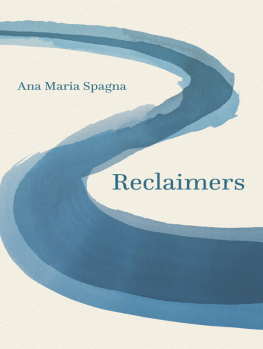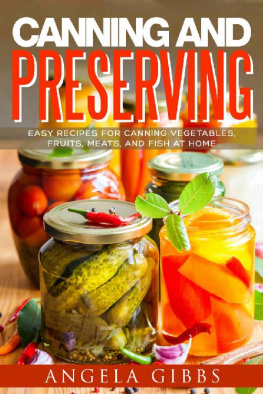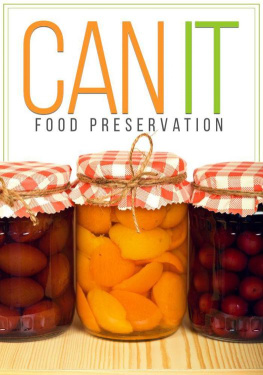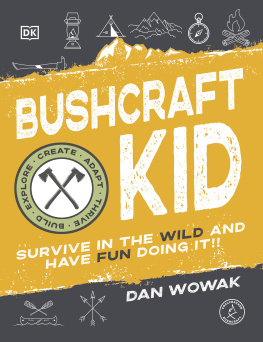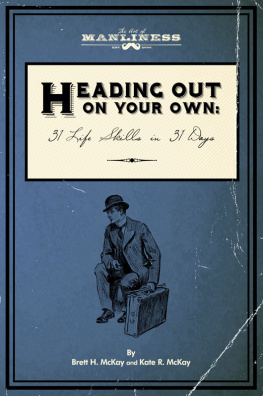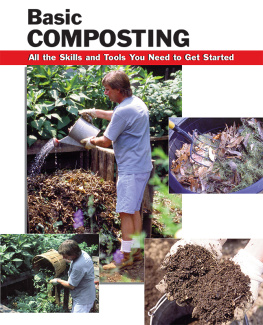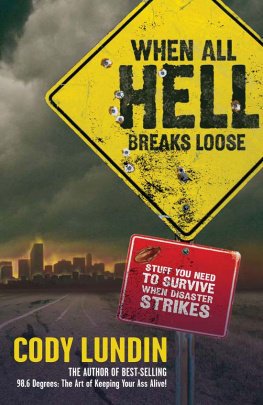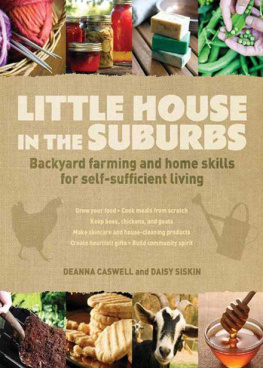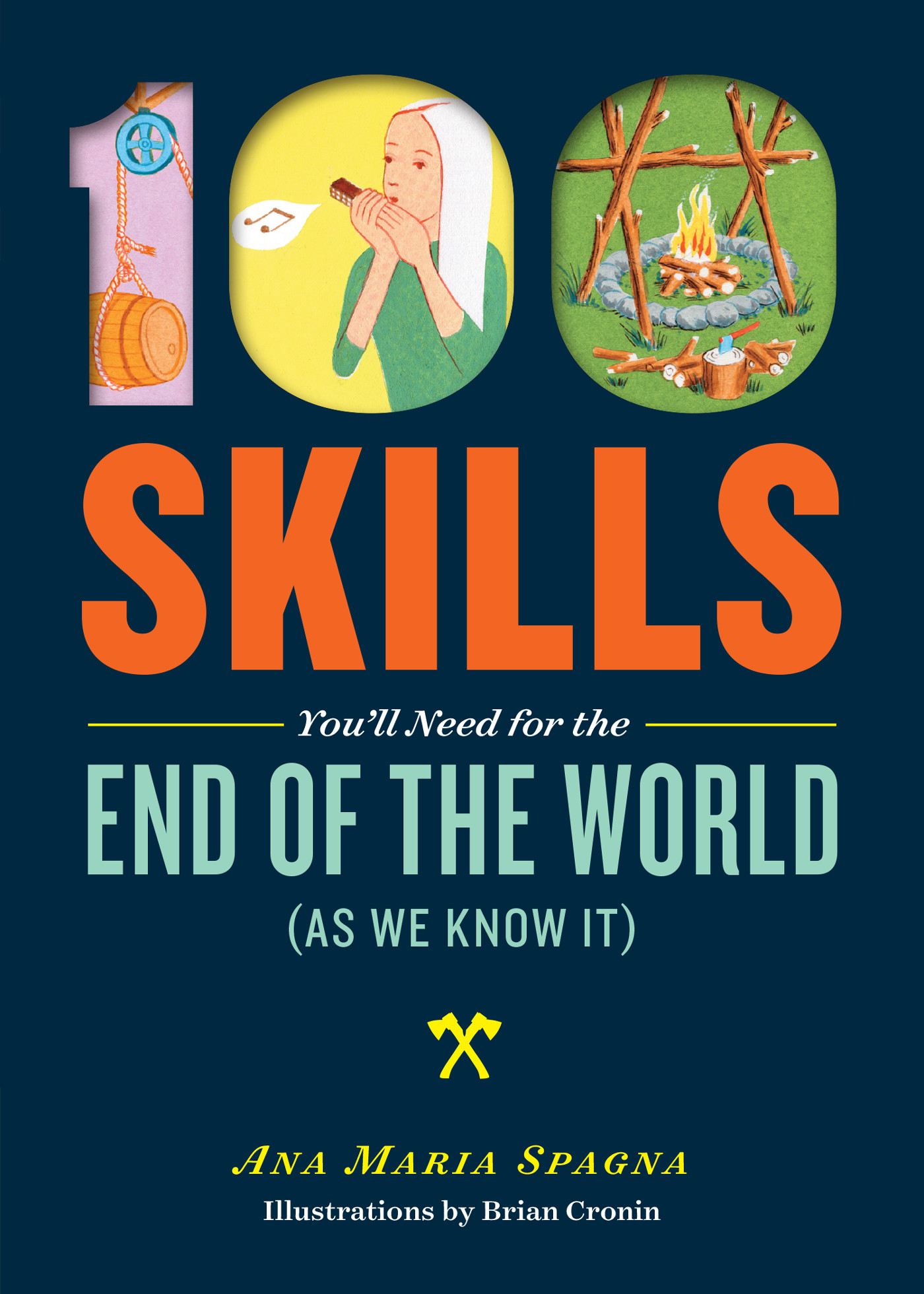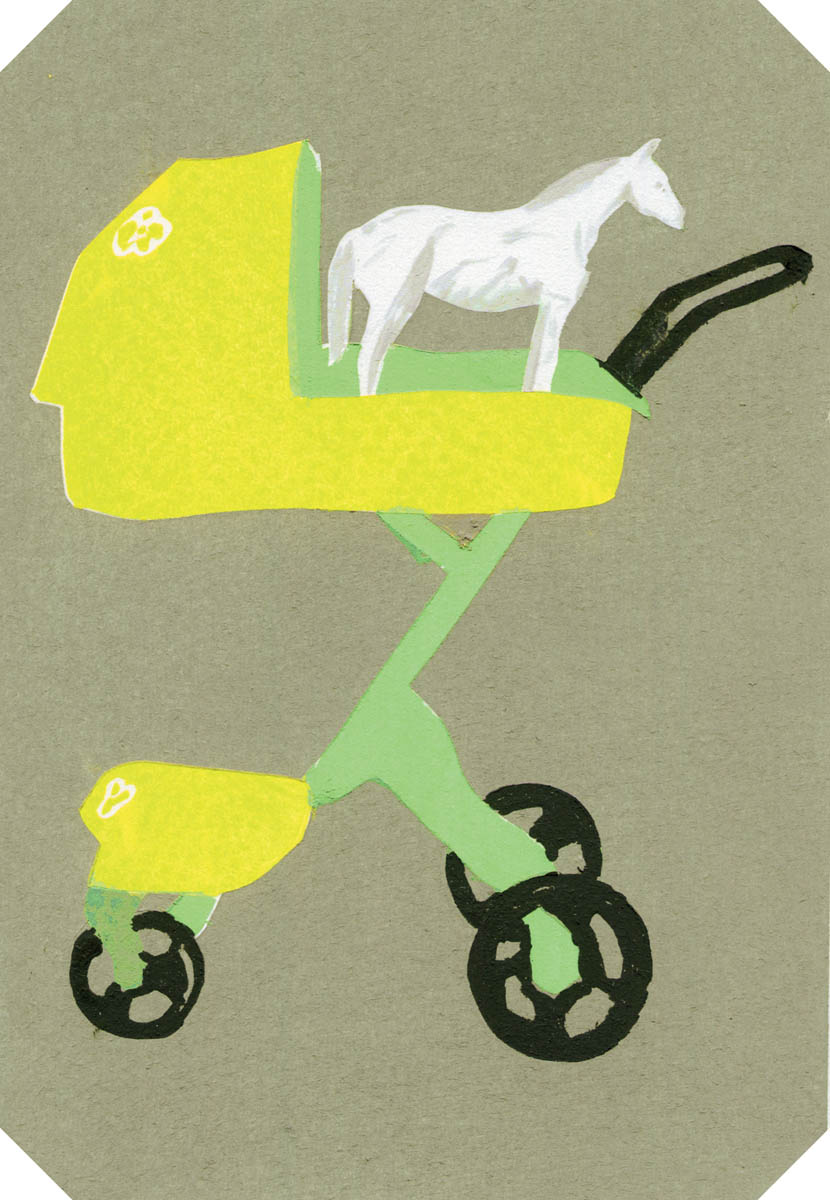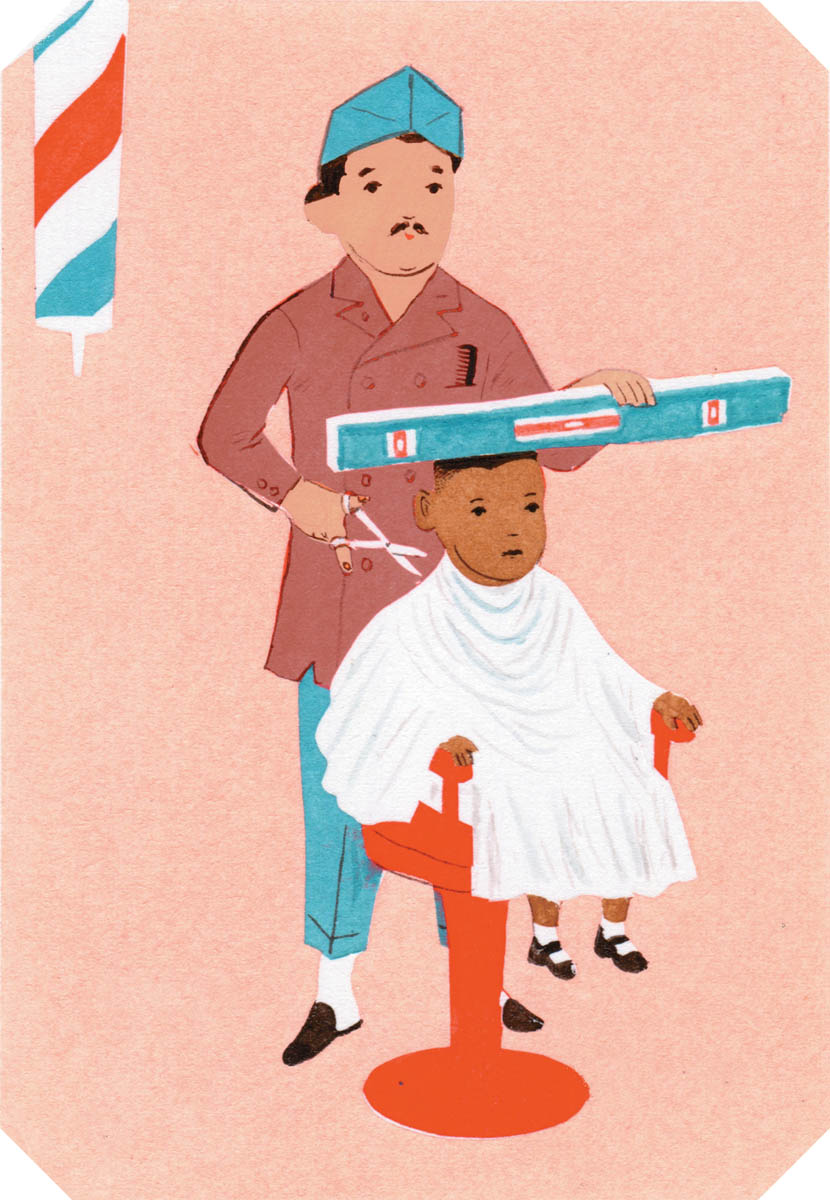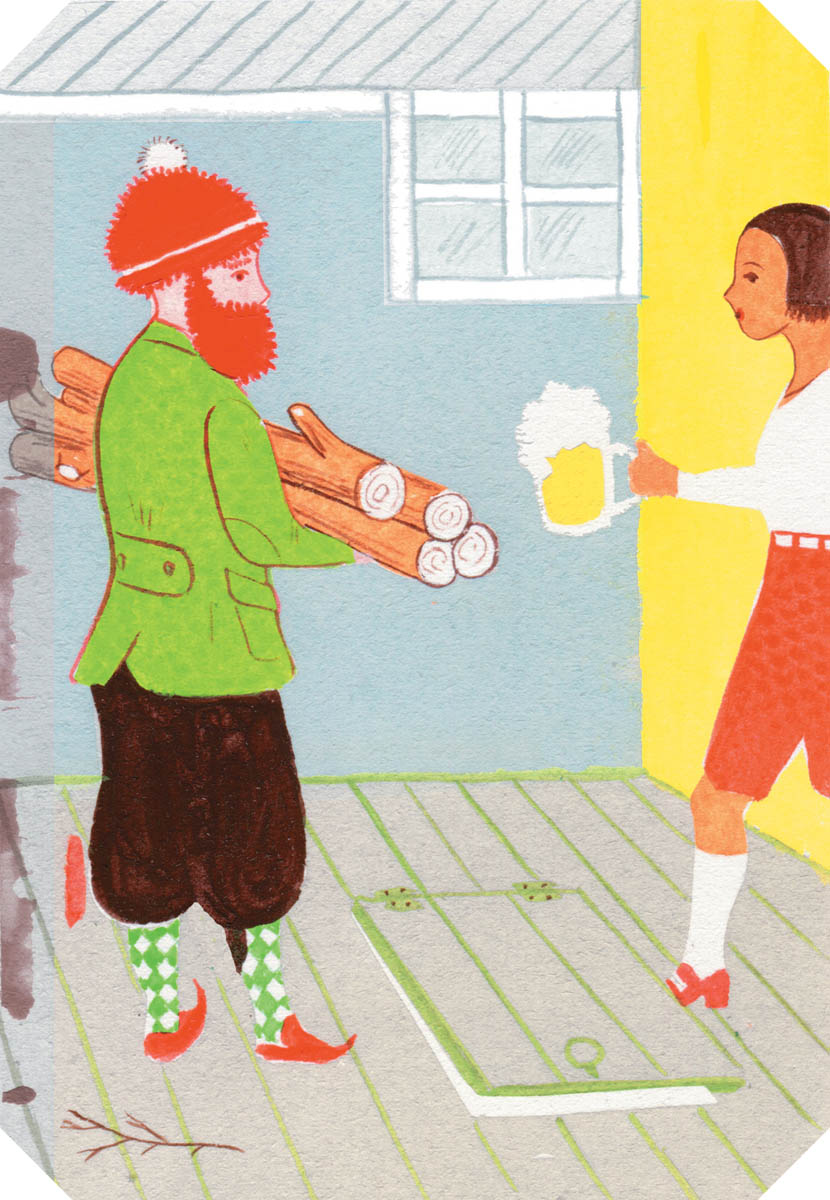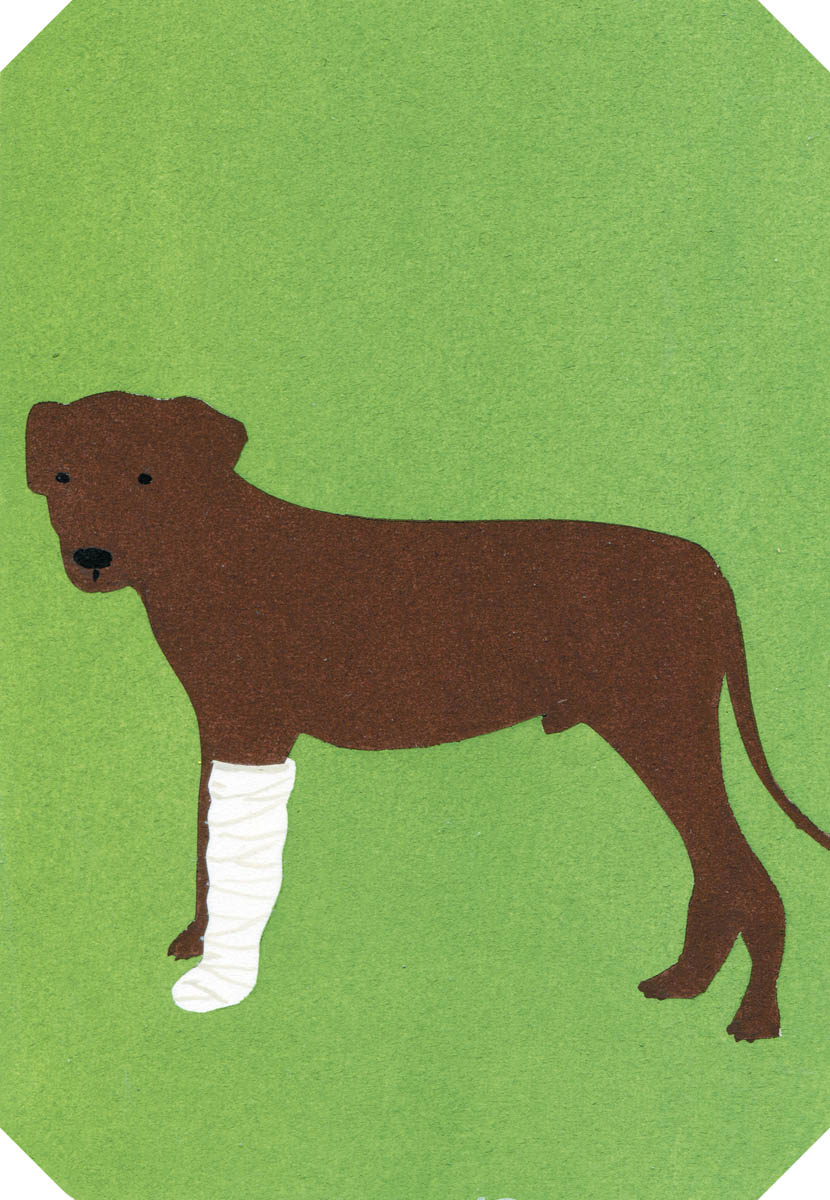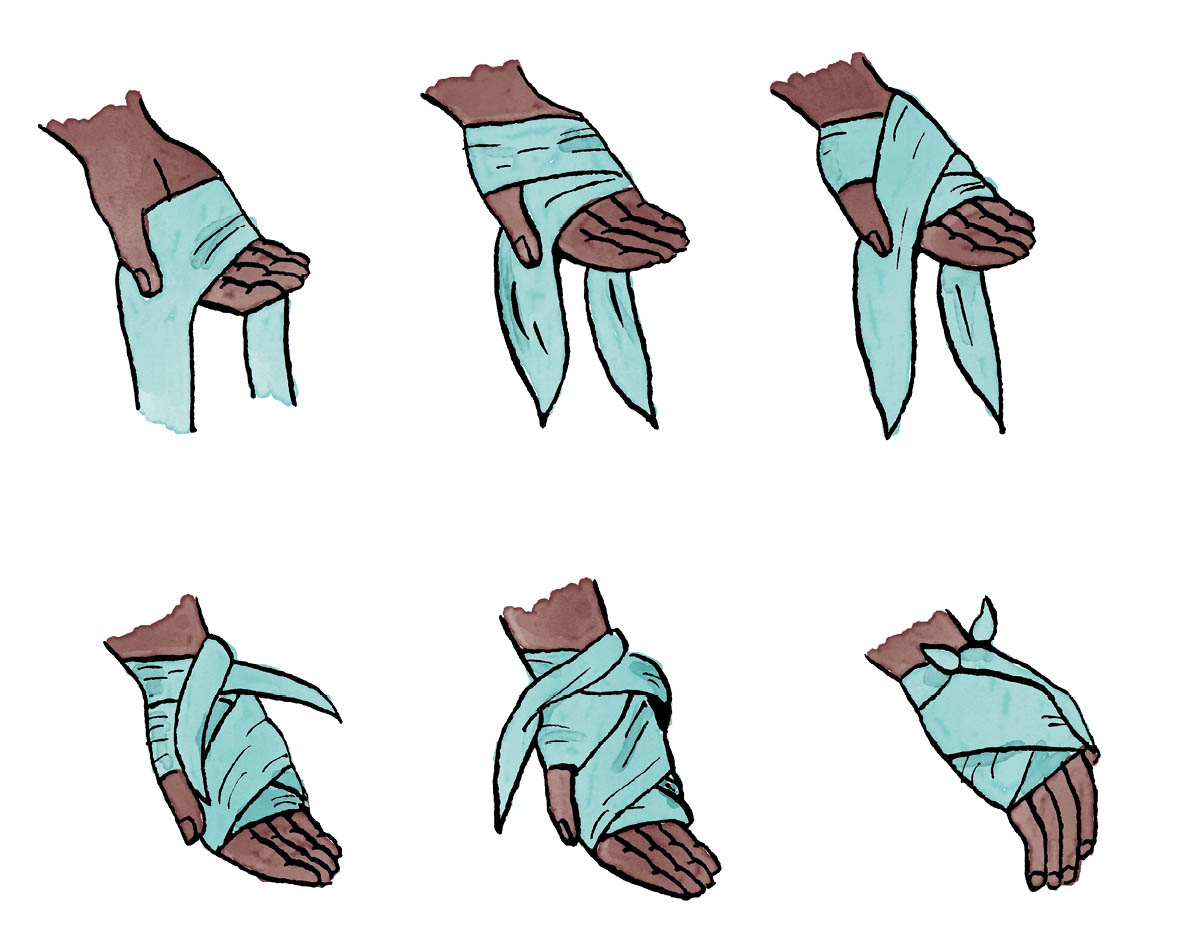Contents
Future Tense
In my first class as a high school freshman, I entered the room to find every inch of every blackboard covered with numbers. Huh? The teacher, a biblical scholar, tried to get us to guess what the numbers were. Lottery numbers? Algebraic formulas? Secret codes? No. They were dates, we could tell that much, but for what?
Eventually he explained that these were all dates on which someone, likely a prophet, had predicted that the world would end. Since then, weve survived a predicted apocalypse a few times, from midnight 1999 to the 2012 Mayan calendar deadline, and so far were safe.
One thing is certain: we dont know when or if the world will end. But we also dont know what the future may bring, and we cant expect things to stay exactly as they are. The possibility that catastrophic changes wrought by war or disease or a random meteor strike or, most urgently, climate change will come in our lifetime seems very real. As does the possibility that such changes or efforts to avoid them will require us to live closer to the land, closer to one another, and farther from our touch screens and shiny, fast vehicles.
There are plenty of ways to plan for an uncertain future from political or philosophical or religious standpoints, but what about practical ways? Some of the skills in this book take from the past (blacksmithing, wheel building, tinkering). Many others are practiced today as occupations (barbering, welding, home childbirth) or as hobbies (music making, knitting, sailing). Several of the skills are no-brainers; it comes down to basic survival (planting, foraging, shelter building, water collecting). Others might not seem as obvious but may be more crucial. Skills like listening, negotiating, borrowing, and bartering will be as essential in radically changed times as they are now. The most important skills may be those that require us to rethink the familiar, to adopt a new perspective (daydreaming, porch sitting, revising).
No one will master all these skills. But anyone can tinker in several and practice a few seriously. You probably do already. Just thinking about the rest can spur insight and debate. Youll undoubtedly think of skills we overlooked. Start your own list. Keep it running. You never know when youll need it.
1
Animal Husbandry
Raise chickens for eggs, sheep for wool, cows for milk, horses to ride, oxen for work, pigeons for sending messages. Commit to their care. Youll need to build shelters, grow or procure food for them, protect them from predators and disease, breed them and birth them, deal with their injuries and their waste. You cant leave them to go on a walkabout or a hunting trip or to visit relatives. (See also: )
You can read about raising animals the way expectant parents read about raising children, for months or years, but you wont know what youre in for until the little live things arrive in your care. Then its all you. Give them good, clean water, manure-free pens, a low-stress environment. The benefits may take years to accrue. The joy of companionship starts right away.
2
Barbering
Anyone whos tried to cut hair with a Swiss Army knife and a mirror can tell you: it takes some expertise. To barber well requires a combination of fine motor skills, aesthetic vision, and, yes, communication skills, since you wont be cutting just your own hair, not anymore. Barbering is a universal need and, therefore, a valuable skill to barter. Get good scissors and keep them sharp. Carry them with you everywhere. You never know when someone might need a trim.
Some tips:
- Keep your scissors level as you cut. Cross-check often to ensure that sides are even.
- For a very short cut, try moving a comb across the head at a slightly tipped angle and clipping straight along the tine edge.
- Learn to use a straight razor to give a close shave. Keep the strop handy, and remember to sterilize between uses. An occasional nick is inevitable.
3
Bartering
Baby clothes for boots. Extra vegetables for a fresh-caught trout. Wood-splitting for homebrew. Bread-baking for rent. Advice for a cup of tea.
Bartering doesnt always come out even. Piano lessons might be worth more than ditchdigging. Or vice versa. Horseshoeing is more dangerous than haircutting. Usually. At some point you quit keeping track.
There are a thousand ways to acquire what you need without money... and to give it away, too.
4
Basic First Aid
It starts with knowledge: Whats the difference between heat stroke and heat exhaustion? When do you give a diabetic sugar? What are the symptoms of stroke versus shock? Your response moves toward pragmatism. Encourage rest and water. Administer medicine if you have it insulin, epinephrine, ibuprofen. Take critical steps as necessary: start CPR, say, or stitch a wound.
Heres how to do the latter. First clean the wound with boiled water and soap. Sterilize the needle (and thread), stick it in at a 90-degree angle, and poke hard; even thin skin is thicker than we think. Silk is easiest, or nylon, but any thread will work. Keep the stitches a quarter inch apart and the same distance from the edge of the wound.
If the wound is long, you can tie off your thread with a square knot between stitches to avoid slippage. Avoid puckering. Tie a square knot again at the end. Nothing to it. You dont have to be Rambo.
Remember: First, do no harm. Then balance that with this: What if you do nothing at all?
Basic Bandaging
Making a Bandage
Bandaging a Palm
Bandaging a Hand


